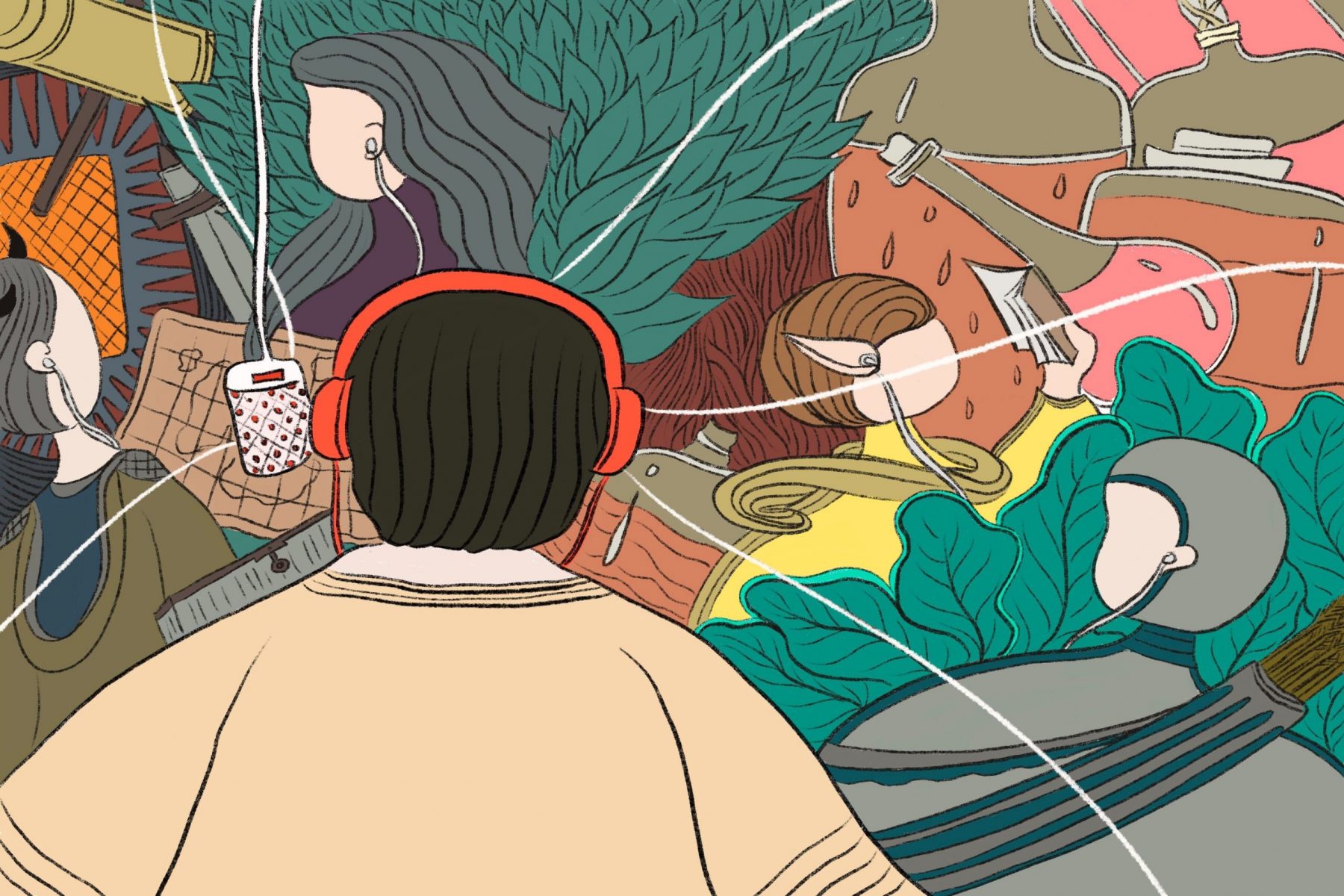Okay, I know it seems like I’ve written a lot about tabletop role-playing games in the past few articles. But why stop now? The community continues to get larger, and with each passing week, new players are introduced to the Dungeons and Dragons (or other TTRPG game) craze. It’s the best time to be a role-player thanks to the popularity of actual play podcasts and web-based content.
Over the last few years, more and more content creators have streamlined Dungeons and Dragons and other tabletop role-playing games via podcasts and other streaming services like Twitch.tv and YouTube. Why is this important? Ask yourself this, do you know what Dungeons and Dragons is?
Sure, you have heard of the game. You clicked on this article. But could you explain to a peer the basic principles of the game? How does it work? What in the world are the dice used for? Is there a game board? Since games like Dungeons and Dragons first released, it was rare for the average individual to possess any real knowledge about the game.
Not because they were so incredibly complex; however, it often seemed that way to some people. Maybe instead it was because few were playing it or, heaven forbid, telling others they were nerdy enough to play the game in the first place. If you knew what Dungeons and Dragons was, chances were you either played it or had a friend or sibling that did.
The game slowly entered public consciousness, but unfortunately, it was accompanied by a multitude of misinformation and rumors. Word got around the game was satanic and promoted self-harm and suicide. These rumors were false, but the game’s secrecy ultimately gave it bad publicity.
The game’s publishers and owners caught sight of the issue and took measures to clarify that the game was safe to play. Gary Gygax, co-creator of Dungeons and Dragons, even publicly defended his game on “60 Minutes” in 1985.
And a Saturday morning cartoon based on the game was released two years earlier to associate the game with a positive image. The “Dungeons and Dragons” animated series focused on the lighthearted spirit of adventure and heroism.
Even apart from the negative backlash, many found the game too daunting to play for themselves. Thus, the world would forever be divided between those who play Dungeons and Dragons and those who don’t. Until there were actual play podcasts.
Picture this, you watch “Stranger Things” and you think to yourself, “Man that role-playing game those kids are playing sure looks fun. I wish I could understand all these obvious nods toward the game!” Then, you are on the internet the next day and your YouTube page mysteriously recommends you an episode of “Critical Role.”
You click on the video and watch as a bunch of professional voice actors, some of whom you recognize, play the game before your very eyes. This changes everything. For years people were intrigued by games like Dungeons and Dragons but were turned away by its apparent complexities and cultural stigmas. Now, you can watch some very charismatic people play the game live.
You could expect that videos of people playing the game on the internet would be successful. Look at the success of gaming commentary videos on the internet. People like watching people have fun, and sometimes people don’t have the cash to drop on a brand-new game, let alone a brand-new hobby.
Of course, playing the game is the single best way to understand how tabletop role-playing games work. But watching other people play is the second-best thing. Actual play podcasts pulled back the curtain on role-playing games and revealed all their secrets. It’s not a dangerous game, it’s about friends having a good time and making memories together. It’s not too complex — it’s as complex as you want it to be.
The benefits do not stop with the game’s newfound transparency. With more and more streamers playing the game, and more actual play podcasts available, more celebrities and role models emerged from the woodworks and said “Hey, I play this game too!” This boosted the confidence of thousands of individuals who were too scared to play the game before.
What once was, “I may be nerdy, but at least I don’t play Dungeons and Dragons,” became, “Stephen Colbert loves Dungeons and Dragons? Sign me up!” People can now proudly try out the game with their loved ones and embark on a quest fueled by imagination.
I’ve discussed a few of my personal favorite actual play podcasts in my previous articles, but I strongly encourage you to do some research and find a series out there for you. One that will feed your curiosity until you inevitably give in and play the game for yourself. If you need a place to start, however, I will always recommend “The Adventure Zone.”
Is there a downside to all this attention? And no, I’m not suggesting the game lacks its initial magic because all these new people are playing it. People who play Dungeons and Dragons and other tabletop games only want more people to play. But with the role-playing community’s growing online presence, you can expect some troublemakers.
Simply put, there is a minority — fans of various actual play podcasts — that figure it’s their job to harass and otherwise mock their favorite streamers for making errors or playing the game “wrong.” These individuals get loud and proud and antagonize the community for not meeting the standards of a “real tabletop role-player.”
There is nothing wrong with civil discourse regarding each game’s rules. These folks, however, are misguided and should be ignored. The game is meant to be fun, and that means bending a rule from time to time. It is a game first. If it’s about having fun, and you and your friends are doing just that, then you are playing the game correctly.
But there are thousands more who will love and welcome you into this community. Players across the globe are just dying to connect and play the game with you. That’s right. Through websites like tabletopsimulator.com and roll20.net, you can play the game anywhere with whoever you want, even during a pandemic.
So go out there, or rather, stay inside and safely connect with players on the internet. And if you would rather wait it out and play with your friends when you can safely meet in person, no worries. There are plenty of actual play podcasts and livestreams to keep you company while you wait.
















